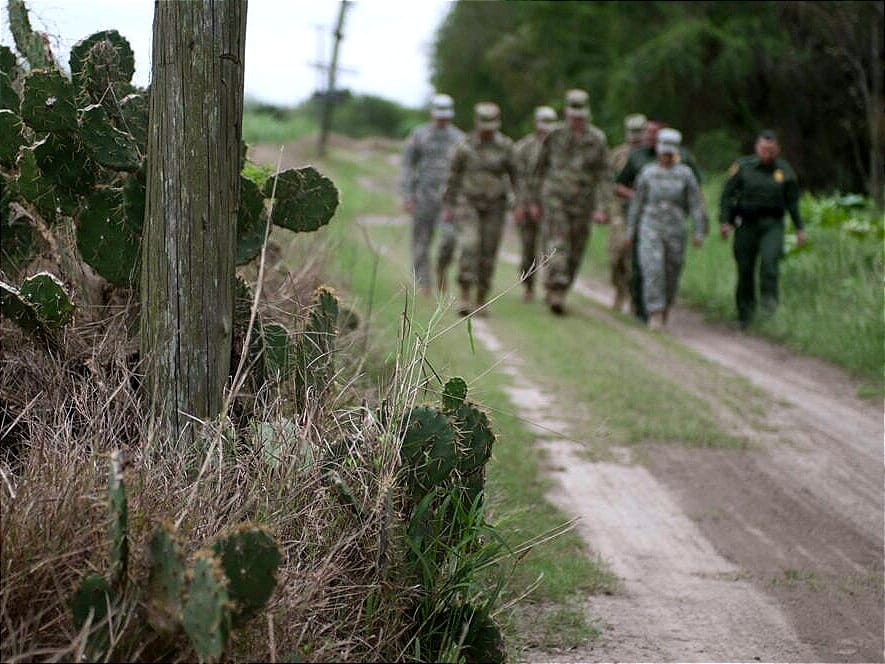GENEVA (AN) — The U.N.'s top human rights official called on the United States to immediately end a new policy that has separated nearly 2,000 migrant children from their parents in the past six weeks.
Zeid Ra’ad al-Hussein, a Jordanian prince who heads the Office of the U.N. High Commissioner for Human Rights, said nothing could justify a policy that punishes children because their parents wanted to traverse the Mexico-United States border.









